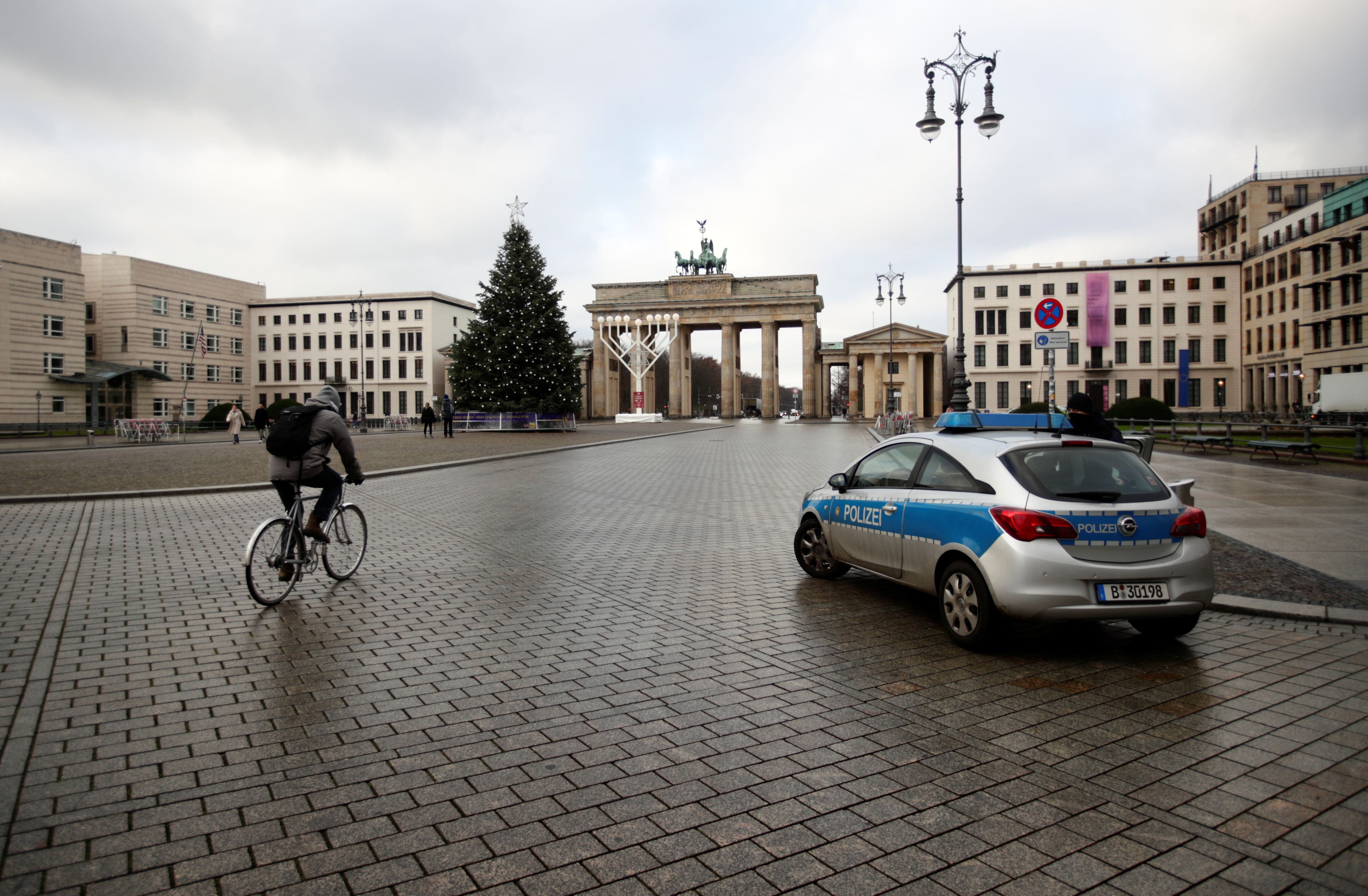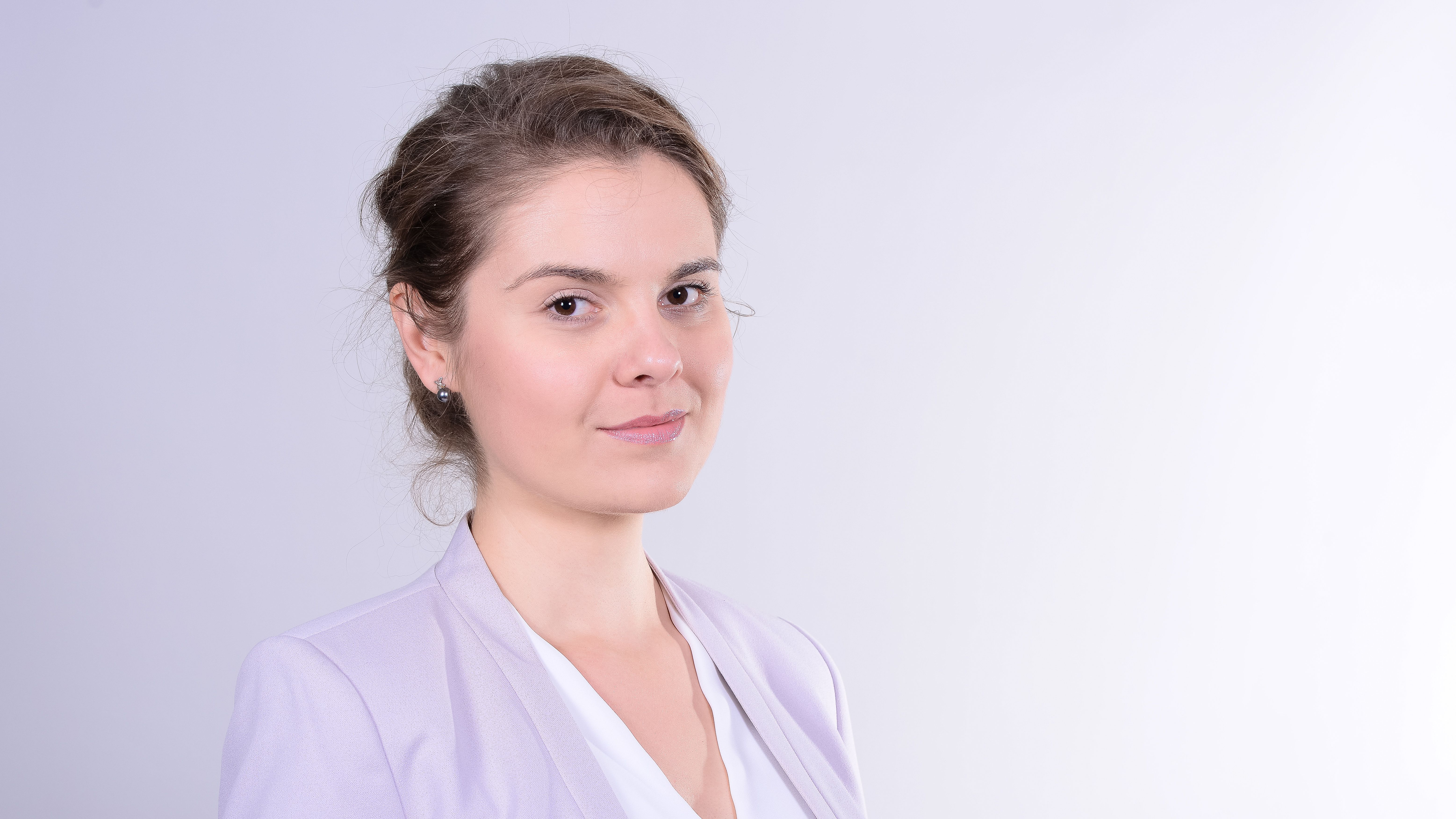Lockdown for Christmas: Germany Bracing in the Fight against the Pandemic

Despite the significant restrictions introduced in Germany in October, and their subsequent expansion in November as part of the so-called soft lockdown, statistics on the COVID‑19 pandemic did not improve—on 11 December, the Robert Koch Institute noted at that time a record daily increase in the number of new infections to 29,875. There were also more deaths: in the second week of December, more than 3,000 people died because of the virus. Additionally, the number of vacancies in intensive care units fell from about 8,500 in November to just over 4,000.
In a videoconference on 13 December, Chancellor Merkel and state prime ministers decided to introduce further restrictions. According to the arrangements, all service points, apart from those necessary for everyday operation, such as grocery stores, pharmacies, banks, and gas stations, are to be closed from 10 January. By then, schools and kindergartens will also be closed. To prevent the spread of the virus during the Christmas and carnival periods, authorities have banned the sale of pyrotechnics, fireworks displays, and public consumption of alcohol. Regulations on private meetings were maintained, limited to five people from no more than two households, not including children under the age of 14. The exception is 24-26 December, when four members of “closest” family may join the members of one other household.
Survive until Vaccination
The new regulations suggest that the authorities are no longer following a long-term pandemic strategy based on flexible management of social contacts and increasing the efficiency of the healthcare system. It is also not about detailed grading of restrictions, innovative infection-detection tools, coordination of activities between institutions or special measures for high-risk groups. The tough and universal restrictions are intended to limit mobility and the intensity of contacts before the holiday season, with these seen as the main source of the soaring number of COVID-19 infections.
The government’s strategic goal now is to control the number of infections until the mass vaccination programme is implemented. The hope for a quick start to this appeared in November when several companies presented their vaccines. Among them was the German BioNTech, which cooperates with the American concern Pfizer. Vaccinations will probably begin at the end of the year, as the German government has decided—unlike, for example, the U.S. and the UK—to abandon the emergency path to approval and wait for the decision of the European Medicines Agency, scheduled for 23 December. The vaccination process itself, which is scheduled to begin on 27 December, could take a long time: conservative estimates are 8-12 months for most of the population to be vaccinated. Until then, if needed, restrictions—like the current ones—will remain a key tool in fighting the pandemic. They also are aimed at maintaining discipline amongst the public, who in view of the perspective of receiving a vaccination, may not adhere strictly to the existing safety rules.
From an economic point of view, the timing of the introduction of new restrictions is not accidental. The lockdown overlaps with the holiday season and should therefore be less visible in the national income statistics—especially in the key German industrial sector. Retail trade, which generated a significant part of the annual turnover in December, will be the most affected. The tourist and catering industry will also suffer considerable losses. Yet again, the government is in a hurry to help by planning to increase the maximum amount of aid for enterprises from €200,000 up to €500,000.
Concerns about the economic effects of the latest restrictions have decreased thanks to data from recent months. Firms made good use of the third quarter and rebounded from the deep spring recession: order books are full and employment is stable. Even if in November and December there has been a weakening of the economy because of the additional restrictions, companies will treat them as short-term and not significant to the expected general improvement of the economy in the next year. Most economic institutes forecast GDP growth in 2021 of 3.5% to almost 5%. However, for that to happen, the government must maintain control of infections, hence the current, decisive action.
Political Disputes
However, Germany will not avoid added political tension between supporters and opponents of the tightening of the lockdown. On the first side is Chancellor Merkel, who in an emotional speech in the Bundestag on 9 December called for the rapid adoption of the new regulations, along with the Bavarian prime minister and CSU leader Markus Söder, who in early December decided to reintroduce a state of natural disaster in the federal state. The second group is represented by some prime ministers of federal states who fear that local budgets will be burdened with the costs of the restrictions and that voters are not satisfied with the additional restrictions. Although Merkel and Söder have prevailed in this confrontation, the frustration on both sides of the dispute and the subsequent accusations that the restrictions are harming the economy may affect the public’s attitude towards the actions. An additional factor escalating emotions has been the protests of so-called “coronasceptics”, who openly contest the restrictions and call for a boycott of vaccinations in social media.
However, the political disputes will spread to other issues. The government will certainly be held accountable for the pace of the mass COVID-19 vaccination and any organisational shortcomings. The longer the infection threat persists, the more the opposition will direct the public’s attention to the government’s failures and mistakes, such as the drastic increase in infections in social care homes. There also will be a growing political discussion on the rising public debt in which supporters of a quick return to savings (CDU and liberal FDP) will confront the supporters of a permanent abandonment of the policy of a balanced budget, the so-called black zero (SPD, Greens).
Conclusions
The newly introduced restrictions are intended to maximise the Christmas and New Year’s period to limit the expansion of COVID-19 until the vaccination programme is implemented. It is a rational, calculated action, but its success depends on many factors.
It is not known whether the restrictions will have the expected effect of inhibiting the growth or even a decrease in the number of infections. The failure of the November “light lockdown” must in this context encourage caution. The worst-case scenario would be the emergence of another (third) wave of infections with simultaneous delays or impediments to the implementation of the vaccination programme. That would probably have disastrous economic consequences and would undermine the belief that the economy can recover quickly, which in turn would have an impact on consumer demand and investment levels. Subsequently, it would be difficult to rule out a wave of bankruptcies, bank troubles and an increase in unemployment. The deterioration of the economic situation in Germany would bode very badly for an improvement in the situation on European markets, especially in southern EU countries, which have so far suffered the most as a result of the pandemic, as well as among important trade partners, including Poland.
The policy of fighting the pandemic will return as an important topic in next year’s election campaign to the six federal states and the Bundestag. Any problems would make the re-election of the ruling parties in the regions more difficult and would also be a challenge for the grand coalition groups, especially the Christian Democrats that dominate it. The ineffectiveness of the restrictions and delays in the vaccination program could shake the high public support for Merkel and the CDU, encouraging the opposition to base its campaign on criticism of the anti-crisis policy. In these circumstances, an additional problem for the party is the unresolved question of electing its leadership. Although the new chairman is to be elected in January, the Christian Democrats will still have to choose a candidate for the chancellor.



